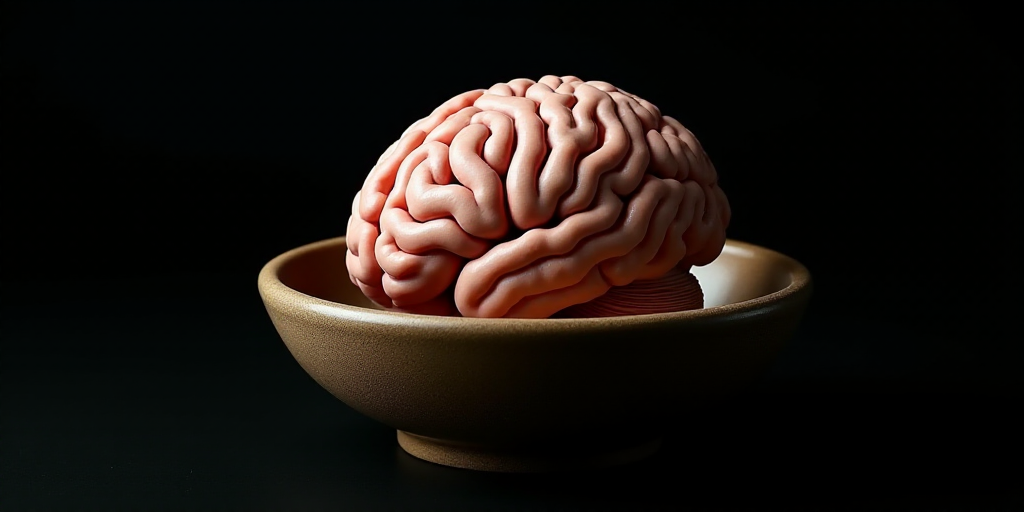Understanding the Importance of Brain Health on World Brain Day
The brain, accounting for only 2% of our body’s weight, is the command center of a complex orchestra that controls our perceptions, emotions, thoughts, movements, and vital functions. Despite its critical role, neurological diseases affect millions of people worldwide, being the leading cause of disability-adjusted life years and the second leading cause of death globally, according to the World Federation of Neurology (WFN).
The Rise of Precision Medicine
Neurological diseases, such as Alzheimer’s, epilepsy, Parkinson’s, and schizophrenia, have historically posed significant challenges in treatment. Often, the approach was a “trial and error” method, as what worked for one patient might be ineffective or even harmful to another. Today, we understand that factors like genetics, age, lifestyle, and comorbidities influence an individual’s response to treatments.
This is where precision medicine, or personalized medicine, comes into play. According to Dr. Adriana Jardón, a precision medicine specialist, this approach aims to understand the genetic, environmental, and lifestyle variability of each person to design more effective and safer treatments. Its goal is to transform patients into active collaborators in their health journey, offering tailored therapies based on their specific needs.
The Role of Pharmacogenetics
Dr. Jardón explains that pharmacogenetics is the discipline that has unveiled how our genes directly influence an individual’s response to medications. By studying genetic variations, it is possible to predict how a person will metabolize a drug, its potential efficacy, and the risks of adverse effects. This is crucial in developing new medications, allowing manufacturers to design treatments more targeted at the specific causes of diseases.
In the realm of neurological diseases and brain disorders, pharmacogenetics plays a vital role. Understanding a patient’s genetic profile not only sheds light on their behavior but is also key to determining the optimal response to prescribed medications. Dr. Jardón emphasizes, “Two individuals with the same diagnosis, such as epilepsy or depression, may react completely differently to the same drug: one may improve, while the other may not or experience adverse effects.”
Genetic information becomes essential for personalizing dosages, anticipating potential adverse reactions, and most importantly, significantly increasing the chances of therapeutic success from the outset of treatment. Given the brain’s complexity and sensitivity, any medication error can have a profound impact on emotions, memory, and behavior.
The Brain: An Unwavering Organ Requiring Care
Beyond its complexity in treatment, the brain is an astonishing organ that works 24/7, consuming 20% of our body’s energy and generating enough energy to power a 20-watt light bulb. Composed of 73% water, even minimal dehydration can affect its function. Moreover, being 60% fat, a diet rich in Omega-3 fatty acids is essential to prevent premature wear and tear.
The intuition that heredity influences health is not new; ancient records like the Ebers Papyrus in ancient Egypt or Greek theories on pangenesis, though lacking modern scientific rigor, explored this connection. Today, this intuition has evolved into genetics and pharmacogenetics, sciences that enable modern medicine to study how genes affect medication response, making truly personalized medical treatment possible.
Dr. Jardón concludes that raising awareness about mental health and the importance of brain care is paramount. Although neurological diseases may not always have a complete cure, precision medicine, supported by pharmacogenetics advancements, offers tools to better anticipate and control these conditions, enabling a higher quality of life for millions.
Key Questions and Answers
- What is the significance of World Brain Day? It highlights the importance of brain health and the need for attention to neurological diseases affecting millions worldwide.
- What is precision medicine? It’s a medical approach that considers individual variability in genes, environment, and lifestyle to design more effective and safer treatments.
- How does pharmacogenetics contribute to neurological care? It helps predict individual responses to medications, enabling tailored therapies and minimizing adverse effects in neurological diseases.
- Why is brain care crucial? The brain’s constant work and sensitivity to dehydration, diet, and medication require diligent care for optimal functioning.
- What advancements in medicine support better brain health? Precision medicine and pharmacogenetics provide tools to anticipate, control, and improve the quality of life for those with neurological conditions.






